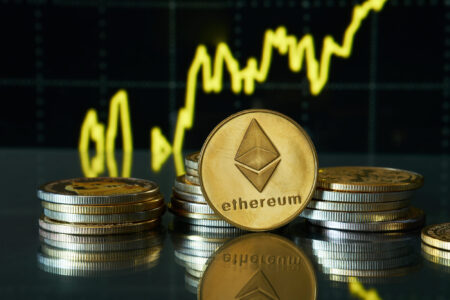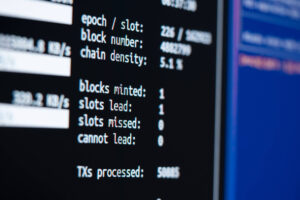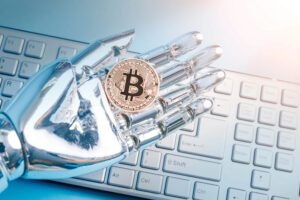Real World Assets (RWAs) are tangible or intangible assets that exist in the physical world and have intrinsic value. These assets are brought onto the blockchain as tokens. The tokenized RWAs are financial products that can be traded within the DeFi ecosystem. This increases liquidity, transparency and accessibility, while providing new opportunities for innovative financial products.
RWAs are put on the blockchain through tokenization. The tokenization of RWAs allows investors to navigate the market in new ways, resulting in unique collateral and investment opportunities with the potential to generate greater liquidity. The decentralized finance (DeFi) and blockchain ecosystem also benefits from the tokenization of RWAs by attracting new investor capital, access to off-chain markets, and a broader customer base.
What is considered a RWA?
RWAs play an important role in securing financial assets and diversifying investment portfolios. They also bridge the gap between digital and traditional finance, providing opportunities for broader market adoption and revenue generation. Through the use of asset-backed strategies, RWAs mitigate volatility and provide a clear picture to financial regulators for compliance and risk management.
RWAs fall into three broad groups:
- Real estate
Real estate directly or indirectly through real estate funds - Financial products
This category includes security tokens such as stocks, bonds, funds or ETFs - Alternative assets
Alternative assets are commodities with an inherent value such as gold, silver, diamonds or collectibles such as art, classic cars, etc.
RWAs encompass a wide range of resources that have inherent value and contribute to economic activity. Tangible assets such as real estate, commodities, art collectibles or precious metals, and intangible assets such as intellectual property, patents or government bonds are some examples of RWAs. The tokenization of these real-world backed assets aims to improve the experience of asset buyers and owners alike.
Benefits of RWAs and challenges
RWAs offer investment opportunities similar to traditional financial products that are more accessible to retail investors. For example, some platforms, such as one of the largest DeFi platforms, MakerDAO, allow RWAs to be used as loan collateral for their DAI stablecoin. Protocols can deploy capital by trading RWAs and generating returns, or allow passive exposure to RWAs. Traditional financial institutions such as banks are beginning to use RWAs in similar ways for lending, investment and collateral.
Benefits of RWAs include:
- Increased liquidity
Traditionally illiquid assets such as real estate or invoices can be broken down into tokens with a low entry barrier, making them easier to buy and sell in a global market. This allows easier trading of the assets and makes them more liquid. - Accessibility
Purchasing RWAs is possible regardless from region and has a low economical entry barrier. This allows individuals with less capital to invest in assets that were previously out of their reach and opens up the assets to a wider range of investors. - Efficiency
Blockchain technology can streamline processes such as trading, clearing and settlement for RWAs. This reduces entry barriers, costs, and transaction times. - Transparency
The secure and transparent nature of blockchain can improve record-keeping and reduce the risk of fraud for RWAs. - DeFi Integration
Tokenized RWAs can be used in DeFi protocols for alternative investment vehicles.
While RWAs are good at adding value and security to financial products and improving liquidity through tokenization, there are current challenges. These include issues such as the rapidly changing value of real-world assets, unclear legal and regulatory guidelines for tokenizing and trading RWAs, and operational challenges in managing and securing the backed assets.









